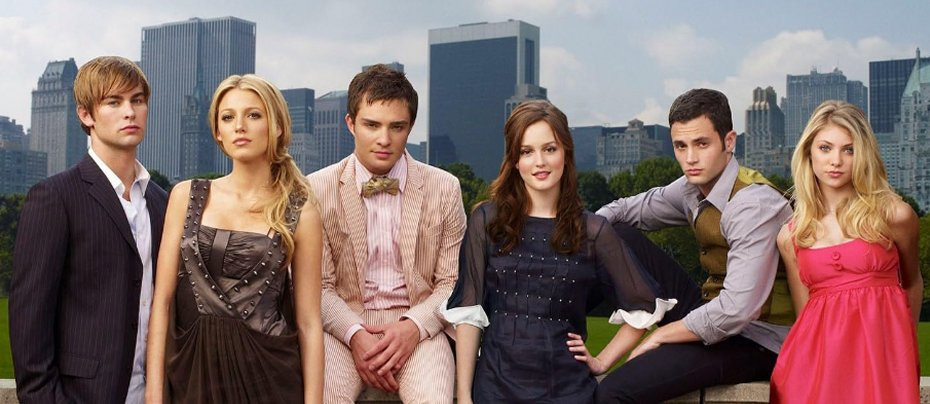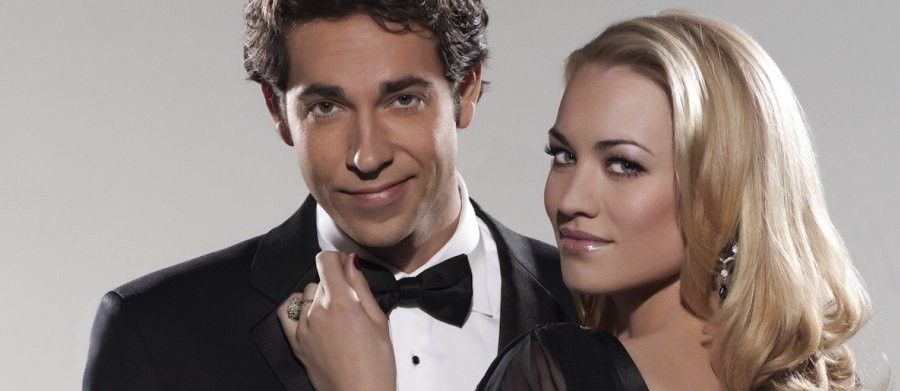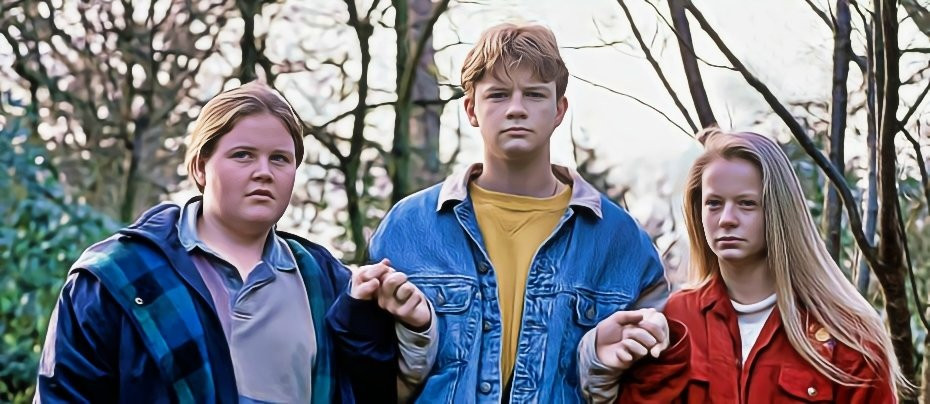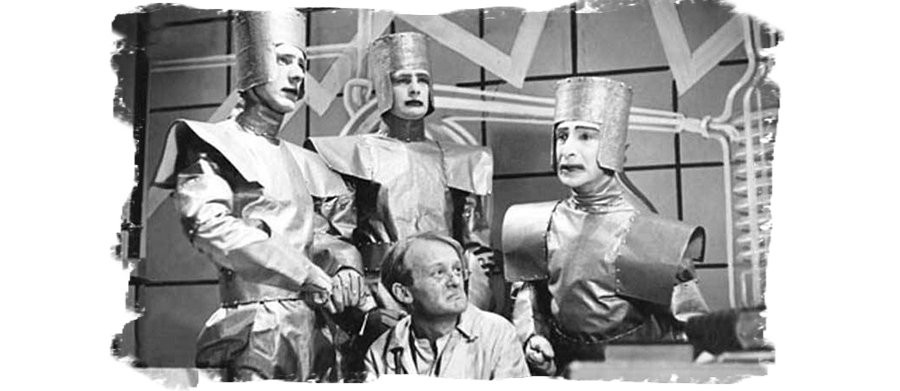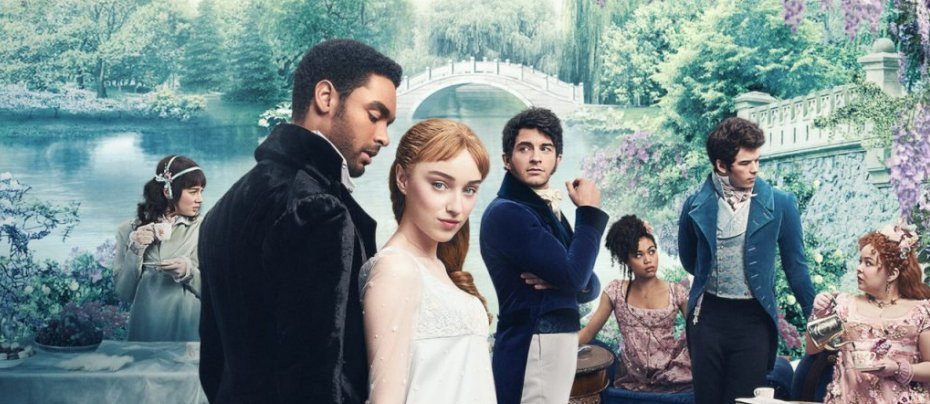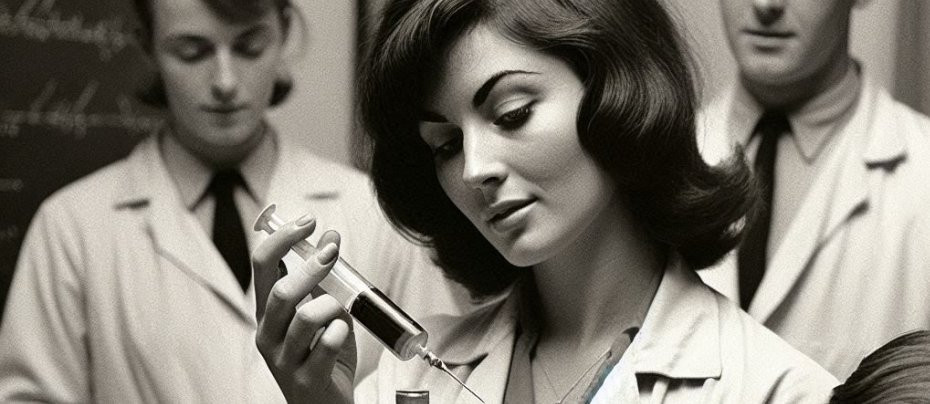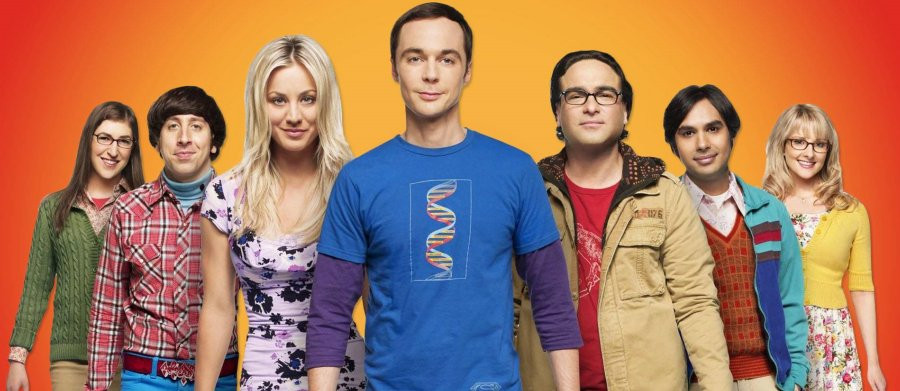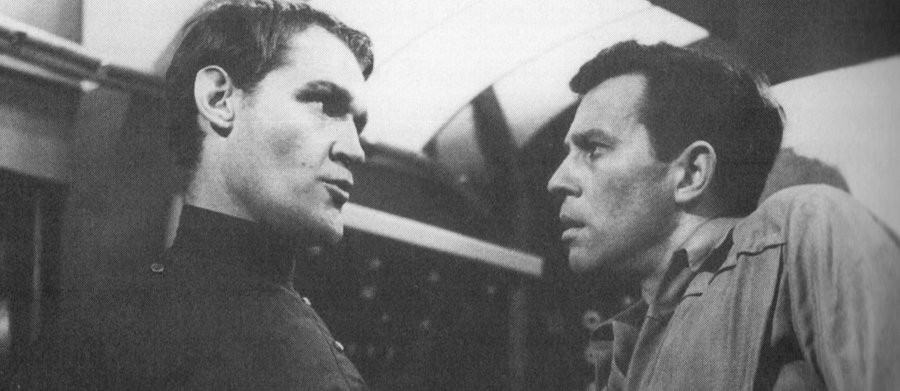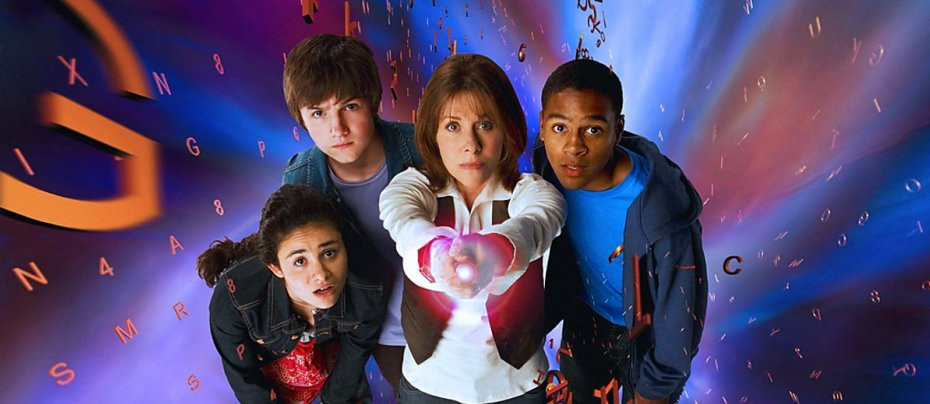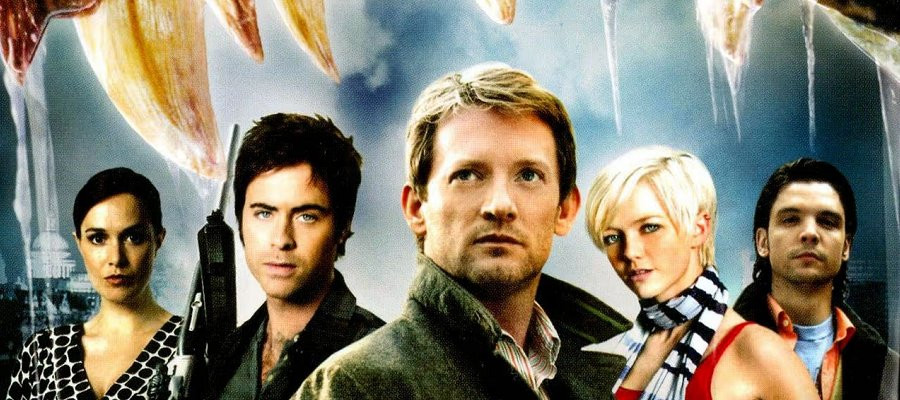
Primeval
2007 - United KingdomWhen Tim Haines, a zoologist turned science journalist, created Walking with Dinosaurs in the late 1990s, he forever changed how dinosaurs were portrayed on screen. The documentary series, which depicted prehistoric life with groundbreaking special effects and scientific accuracy, became the most-watched science programme in British television history. It also laid the conceptual and technological groundwork for what would become Primeval, a bold attempt to marry science fiction with mainstream television drama.
Originally pitched to the BBC, Primeval was rejected in 2005 for being too similar in tone to the then-revived Doctor Who. Ironically, that comparison would dog the series early on, with many critics dismissing it as an ITV attempt to cash in on the Doctor Who renaissance. However, ITV saw potential in the scripts and, bolstered by international backing from ProSieben (Germany) and M6 (France), greenlit the series. The gamble paid off: Primeval debuted in 2007 to strong ratings and a positive reception, establishing itself as more than just a sci-fi pretender.
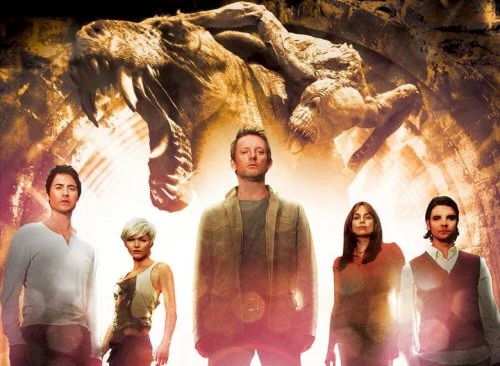
At the heart of Primeval is the concept of temporal anomalies, mysterious rifts in time through which prehistoric (and occasionally futuristic) creatures slip into the modern day. The series follows a team of scientists, led by Douglas Henshall’s stoic yet haunted Professor Nick Cutter, as they attempt to investigate and contain these anomalies. Alongside Cutter are a colourful ensemble, including Juliet Aubrey as Helen Cutter a brilliant scientist with radical views on evolution, Andrew-Lee Potts as the geeky but loveable Connor, Hannah Spearritt as the athletic Abby, Mark Wakeling as the head of the Home Office Special Forces team, Captain Tom Ryan and Ben Miller as the bureaucratically hamstrung James Lester. The casting is well-balanced, and while some performances vary in strength, the core group grows increasingly compelling as the series progresses.
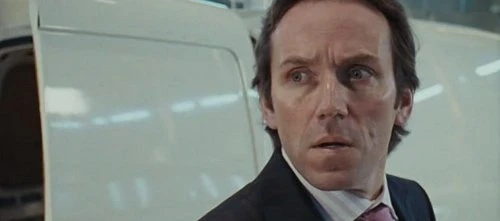
The result was a polished, effects-driven drama that aimed squarely at a broad family audience. Smartly, Haines and Hodges resisted the temptation to make Primeval a purely children's show, opting instead for a "PG-13 feel" - a choice that allowed for genuine moments of tension, loss, and emotional depth, without alienating younger viewers.
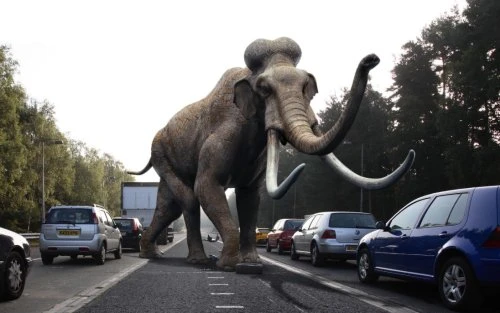
Stylistically, Primeval succeeded in grounding the fantastical within the familiar. By setting many of its creature encounters in recognisable modern British environments; suburban homes, shopping centres, office buildings, etc. the show made the concept of dinosaurs in the 21st century feel thrillingly plausible. It also touched on timely themes such as environmental degradation, ecological collapse, and the unintended consequences of scientific progress, giving the series a thematic weight beneath its pulpy, monster-of-the-week surface.
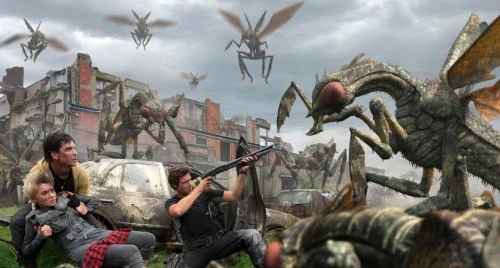
The series experienced a somewhat uneven run. The first was met with critical acclaim and a strong viewership, especially abroad. The second series, while serviceable, didn’t quite capture the same spark. However, the third series was widely praised as the show’s creative high point, offering a darker tone and more sophisticated storytelling. Unfortunately, despite solid ratings, financial strains led to its cancellation after this high. Thanks to a co-production deal with UKTV, the show returned for two more series. The fourth received a lukewarm response, but the fifth was hailed as a return to form. Sadly, low ratings on ITV (following an earlier, more successful run on the Watch channel) sealed Primeval’s fate once again.
In its wake, Primeval left behind a modest franchise; toy lines, books, games, and even a short-lived Canadian spin-off, Primeval: New World, which failed to replicate the charm or success of the original. A proposed American film adaptation never materialised.
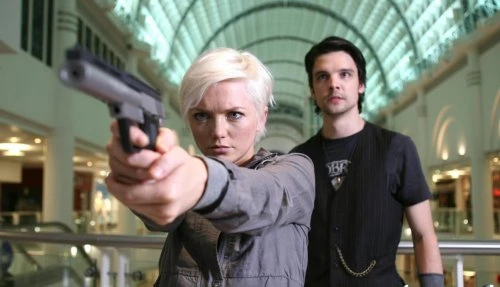
Ultimately, Primeval deserves recognition not merely as a reaction to Doctor Who, but as an inventive, well-crafted series that embraced science fiction with both heart and spectacle. It managed to blend family-friendly entertainment with serious ideas and became a rare example of British genre television that felt both accessible and ambitious. Though it never quite achieved long-term mainstream dominance, Primeval remains a beloved entry in the annals of British sci-fi, remembered fondly for its imaginative premise, charismatic cast, and dinosaurs that just might pop up in your kitchen.
Seen this show? How do you rate it?
Seen this show? How do you rate it?
Published on September 3rd, 2025. Written by Laurence Marcus for Television Heaven.


